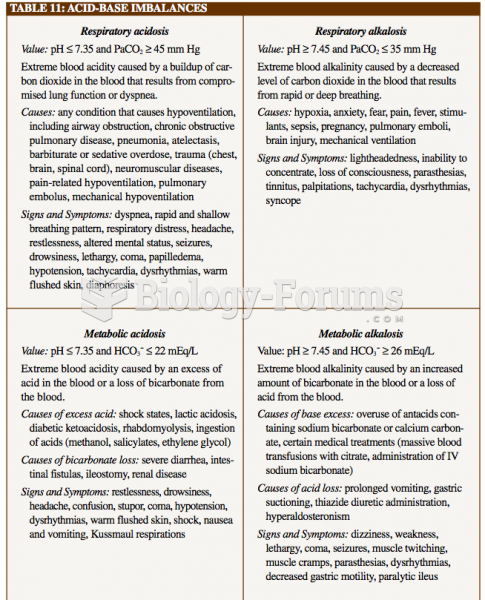|
|
|
Though Candida and Aspergillus species are the most common fungal pathogens causing invasive fungal disease in the immunocompromised, infections due to previously uncommon hyaline and dematiaceous filamentous fungi are occurring more often today. Rare fungal infections, once accurately diagnosed, may require surgical debridement, immunotherapy, and newer antifungals used singly or in combination with older antifungals, on a case-by-case basis.
Immunoglobulin injections may give short-term protection against, or reduce severity of certain diseases. They help people who have an inherited problem making their own antibodies, or those who are having certain types of cancer treatments.
Blastomycosis is often misdiagnosed, resulting in tragic outcomes. It is caused by a fungus living in moist soil, in wooded areas of the United States and Canada. If inhaled, the fungus can cause mild breathing problems that may worsen and cause serious illness and even death.
The newest statin drug, rosuvastatin, has been called a superstatin because it appears to reduce LDL cholesterol to a greater degree than the other approved statin drugs.
In the United States, an estimated 50 million unnecessary antibiotics are prescribed for viral respiratory infections.
 Old-growth redwood forest in western North America. Redwoods are the tallest trees in the world, wit
Old-growth redwood forest in western North America. Redwoods are the tallest trees in the world, wit
 A Dorsal view of a scan of the hand phalange of a child from Denisova that yielded mtDNA that differ
A Dorsal view of a scan of the hand phalange of a child from Denisova that yielded mtDNA that differ





